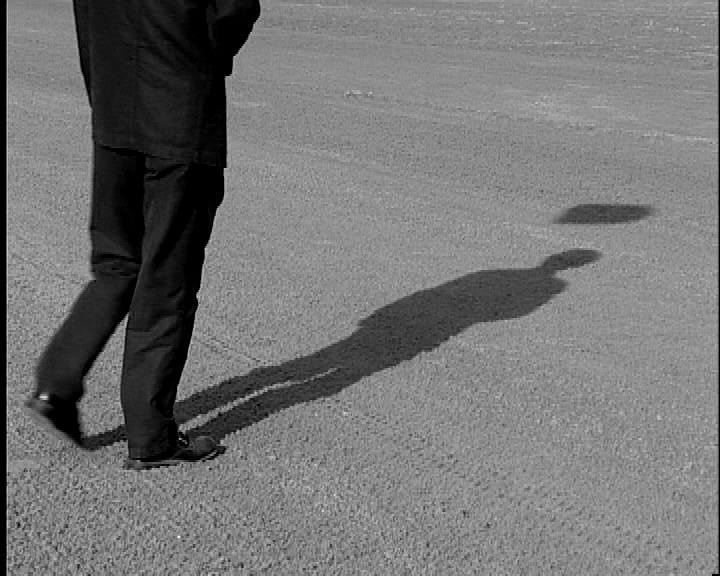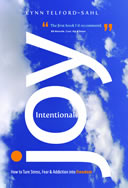Love or Hate Relationship with Money?
 Tuesday, September 6, 2011 at 8:16AM
Tuesday, September 6, 2011 at 8:16AM  3 Comments
3 Comments You may love the money in your life or hate it, but you are definitely in a relationship. Your relationship with your money could be healthy or unhealthy, conscious and involved or mostly ignored and  avoided. Deborah Price says, “We have a relationship with anything we are connected to or dependent on.” Many of us don’t think about or evaluate our relationship with money though it touches our lives every single day. And, depending on how we treat our relationship with money, it can be our friend or foe because it mirrors back to us exactly what we put into the relationship.
avoided. Deborah Price says, “We have a relationship with anything we are connected to or dependent on.” Many of us don’t think about or evaluate our relationship with money though it touches our lives every single day. And, depending on how we treat our relationship with money, it can be our friend or foe because it mirrors back to us exactly what we put into the relationship.
If you’re not sure what your relationship with money is try this short exercise: Think about money and write down the first 5 words that come into your mind. As short as this list is, it will tell you something very quickly about whether the part of you that sits under the surface (your subconscious mind) views money as positive or negative. (And, it’s the subconscious mind that we need to understand because it often runs the money show especially in times of stress).
Let’s say the words were something like: scary, overwhelming, secretive, fun, never enough. I’m just making this up now, but if my relationship with money is influenced by this type of “shadow” energy which means what I really think that's under the surface, I may find myself going along just fine, not thinking much about money as long as things are stable. I also may spend money and keep it a secret from my partner because I don’t want them to get “mad” at me, or it’s my way of exerting some control with my husband. When a financial challenge comes along – blam – that feeling of overwhelm hits and I avoid dealing with the money problem, and we know how well that works, right?
which means what I really think that's under the surface, I may find myself going along just fine, not thinking much about money as long as things are stable. I also may spend money and keep it a secret from my partner because I don’t want them to get “mad” at me, or it’s my way of exerting some control with my husband. When a financial challenge comes along – blam – that feeling of overwhelm hits and I avoid dealing with the money problem, and we know how well that works, right?
So, now what? You may have a glimpse that there’s more to your relationship with money than just your paycheck or the bills you pay. Tune in tomorrow for how to understand your relationship with money by looking at your parents relationship with money. As Deborah Price says your ability to change your relationship with money lies in direct proportion to your level of consciousness or awareness about money. So, let's explore our money relationship.
 Lynn Telford-Sahl tagged
Lynn Telford-Sahl tagged  Central Valley money worries,
Central Valley money worries,  couples money conflict,
couples money conflict,  financial crisis,
financial crisis,  modesto,
modesto,  money management,
money management,  money problems,
money problems,  money relationship,
money relationship,  money secrets,
money secrets,  money stress Central Valley,
money stress Central Valley,  money stress Modesto,
money stress Modesto,  relationship with money
relationship with money






















